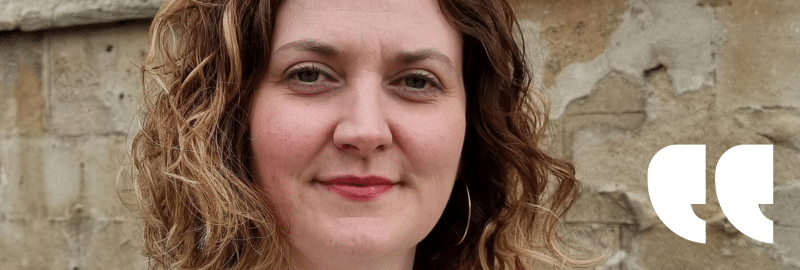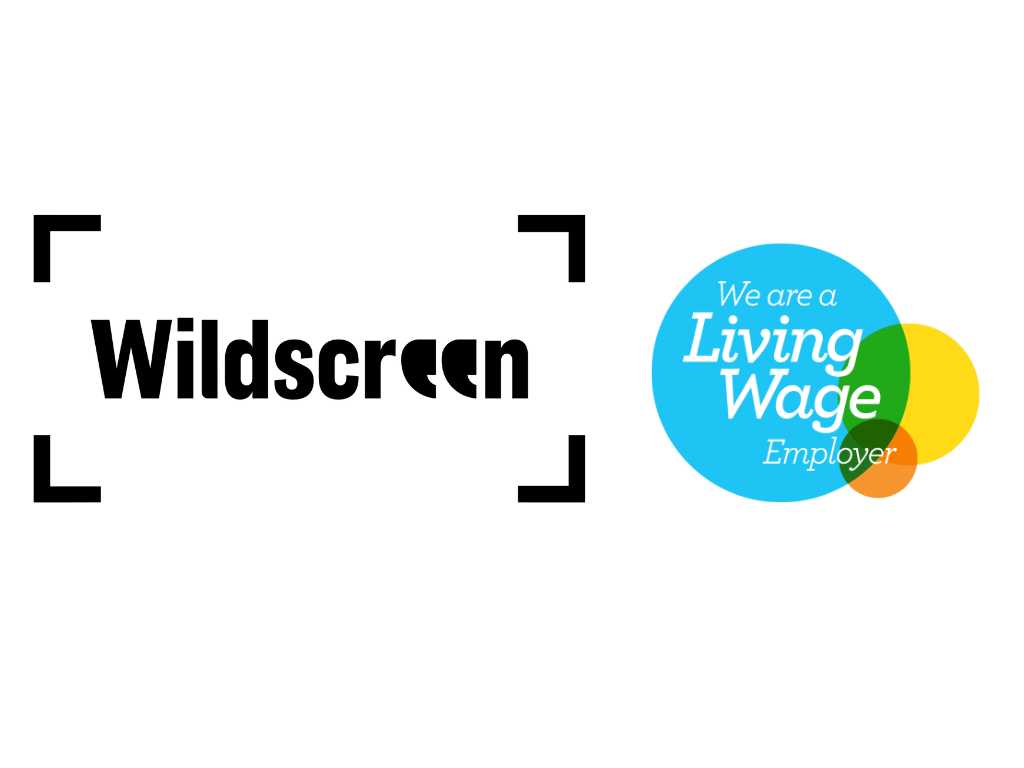Harnessing The Power Of Storytelling To Catalyze Conservation: My Internship Reflections
Storytelling is an incredibly powerful tool in effecting change and I was super lucky to be selected for the Wildscreen Emerging Talent Internship hosted by AFRISOS in Arusha Tanzania. – Maliha Sumar






